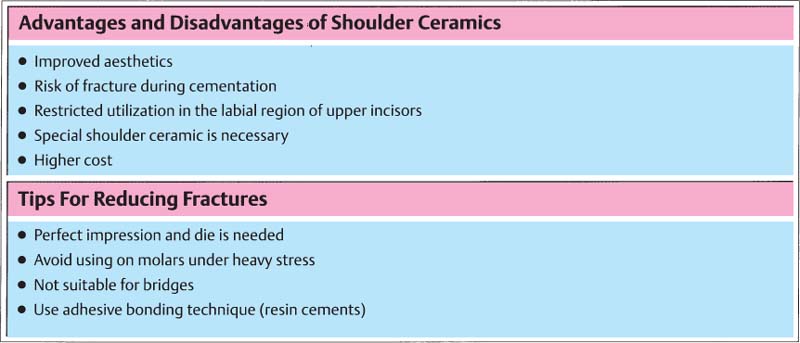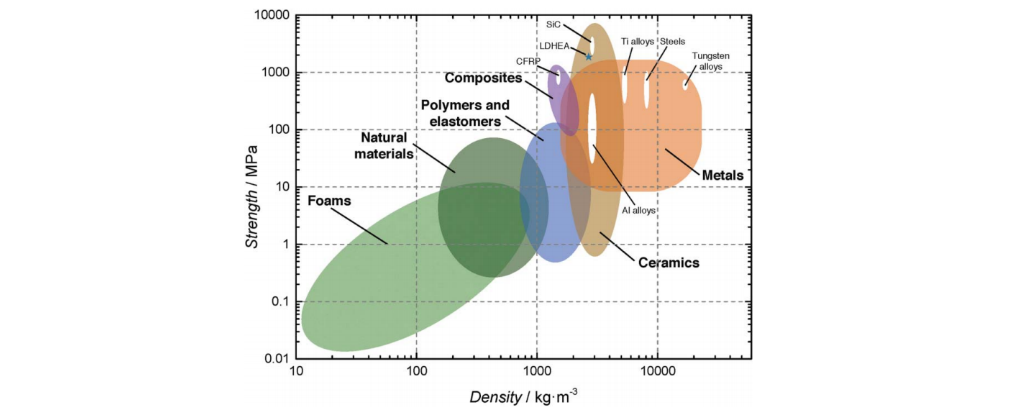The ionic and covalent bonds of ceramics are responsible for many unique properties of these materials such as high hardness high melting points low thermal expansion and good chemical resistance but also for some undesirable characteristics foremost being brittleness which leads to fractures unless the material is toughened by.
Ceramics have greatest resistance to compression.
In addition aluminas are susceptible to corrosion from strong acids steam and sodium.
In compression however the flaws in the material do not cause stress concentrations or crack propagation as they do in tension.
There is a need to know accurately the strength of brittle materials in compression both to distinguish between competing statistical micromechanical theories of strength and to provide data necessary for engineering designs for the optimum use of these materials as load bearing elements.
Their strength depends on the number and type of defects that are present.
Ceramics are very sensitive to cracks impurities and porosity and thus generally have low toughness.
Ideally ceramics should be compressively stressed in use although engineering applications may frequently introduce tensile stresses in the component.
Alumina for example has a tensile strength of 20 000 psi 1138 mpa while the compressive strength is 350 000 psi 2400 mpa.
4 2 generally resistance to compression is the measure of the greatest strength of a monolithic advanced ceramic.
Glass ceramics 1 3 glasses 1 material k mpa m1 2 ic ceramics are defect limited.
4 2 generally resistance to compression is the measure of the greatest strength of a monolithic advanced ceramic.
Generally a ceramic with more defects is weaker.
For a metal the compressive strength is near that of the tensile strength while for a ceramic the compressive strength may be 10 times the tensile strength.
Ceramics tend to be weak in tension but strong in compression.
Ideally ceramics should be compressively stressed in use although engineering applications may frequently introduce tensile stresses in the component.
Another way at looking at resistance to failure for ceramic materials is to examine the energy required to drive cracks through the system.





























